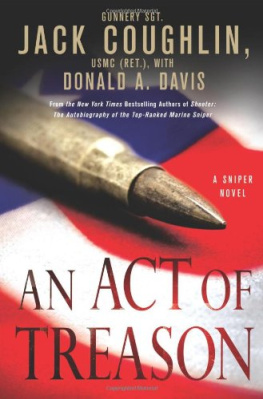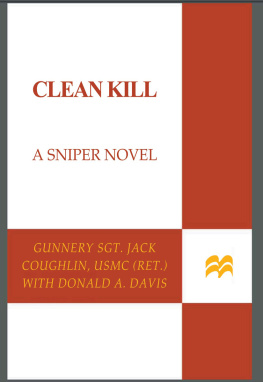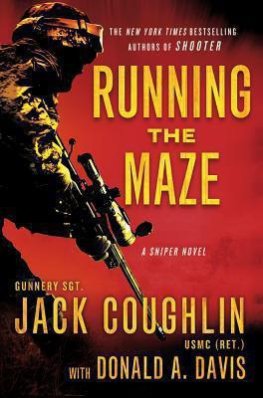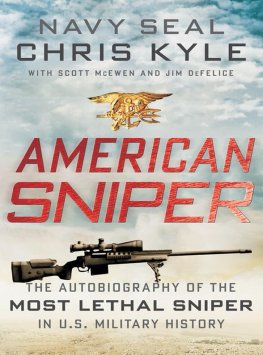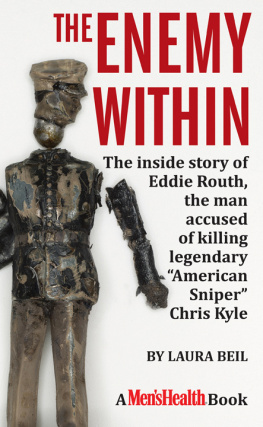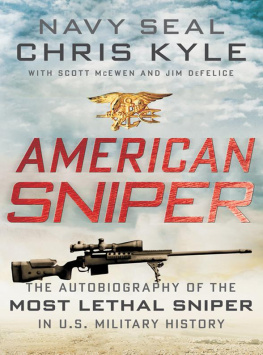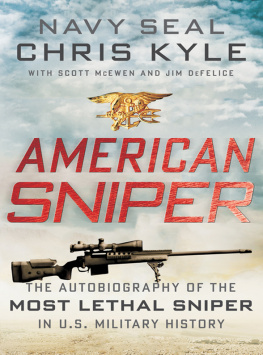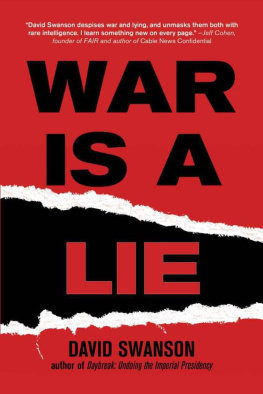
For the Troops
Contents
SHOMALI PLAINS
AFGHANISTAN
T HE TWO SOFT-BACK H UMVEES belonging to the 116th Infantry Brigade Combat Team of the U.S. Army National Guard were on familiar turf. The stony ridge on which they were perched provided the ten American infantrymen with a feeling of temporary shelter and safety. After several hard hours of rolling on patrol, it was a pleasure for them to call it a day and move back into the previously prepared positions.
Their unit was a cohesive all-Virginia outfit that had trained together for years, and most of the young soldiers were good friends from towns up and down the lush Shenandoah Valley. Four were African Americans, including fireplug-thick Sergeant Javon Anthony. The 116th could trace its lineage all the way back to the famed Stonewall Brigade of the Civil War, but the modern Army thought it politically incorrect to perpetuate that troubled slice of American history. The brigade was placed in the 29th Infantry Division, a move that did away with the old blue-gray arm patch showing a caped General Stonewall Jackson sitting on his horse, Little Sorrel. The "Stony on a Pony" silhouette was left behind.
Sergeant Anthony really did not care about that. For him, history had narrowed to last week, yesterday, the past hour. Afghanistan had a way of making a man focus only on what was in front of him. He sat in his Humvee, listening to the buzz of the radio traffic and asking himself the question that plagues every leader: Have I done everything that I can?
At thirty years of age, the sergeant was the oldest of the group by two years, and he knew each of his soldiers. He had been with them all the way through the recent tour of duty, well into its sixth month. So far, they had been lucky. Nobody had gotten much more than sunburn and scratches as they pulled routine patrol duty; endless and monotonous and dangerous. He was perfectly happy when night came over the mountains and one more day was done and could be crossed off the go-home calendar.
The squad was already in position up on the ridge. It overlooked an Afghan police security checkpoint about fifty meters away on the road below. The rough-looking cops had waved them into the prepared slots, and the leader, a young man, came up for a cigarette and to check on passwords. He wore a pakol, the traditional flat Afghan hat, over his black hair, and a mismatched camouflage uniform, with dusty sandals on his feet and an AK-47 slung over the right shoulder. Sergeant Abdul Aref was a tall man whose narrow face was dominated by a hooked nose. He spoke a little English, and his worried eyes indicated that he was just as glad as Anthony that the Americans had returned to the familiar position every night. That added firepower, so close to the guard post, had helped keep the peace.
It had been a tactical decision to use U.S. troops as reinforcements at checkpoints along the main roads in Afghanistan. The commanders had decided that pulling everyone back into large encampments was a mistake; it simply surrendered the night to the relentless enemy. The continuous presence at set positions, combined with the presence of Afghan security forces, spelled control of an area. Control meant security, and security provided the bridge to establish regular commerce so people could start living without fear again in this devastated country.
So Javon Anthony got his soldiers settled in for the night. The fighting holes were lined with sandbags, as were shallow revetments in which the Humvees could park nose-first. The .50 caliber machine guns were still aboveground, with a complete sweep of the surrounding area. He walked the perimeter, checked the small latrine area a few meters away, and made certain each man knew his role for the coming night, including who would be on sentry duty with the night-vision goggles while the partner slept. He took a final look down at the road checkpoint as the oncoming darkness flooded over the mountains, chasing the fading twilight from the western sky. He saw Sergeant Abdul Aref down at the checkpoint, threw him a casual salute, and got a wave in return.
Satisfied, Anthony picked up the radio handset and called his company headquarters seven miles away to report that his team was settled. "Saber, Saber. This is Saber Three Alpha."
"Saber Three Alpha, this is Saber. Send your traffic."
"Roger. Three Alpha occupied our overwatch position. Situation normal. Three Alpha out."
"Roger."
With that formality, he had done all he could do. Anthony rewarded himself with a moment of relaxation. His eyes were rimmed with red from staring over the sparse landscape all day, hunting signs of potential trouble, and the dirt and sweat had left him grubby and smelly. They would return to camp tomorrow, so there was a shower in his future. He popped a bottle of water, tore open an MRE package, and pretended that it was food. Then he was instantly asleep.
* * *
A LINE OF CARS, buses, and trucks was waiting to be checked before rolling on, the drivers and passengers using the cool night during which to travel instead of the baking daytime sun. Sergeant Aref watched them through a firing slit in a roadside concrete bunker. A metal bar outside the bunker had to be raised by a guard to allow a vehicle through. The bunker had a small heater powered by a chugging generator outside that would fight the colder air settling down like an icy layer from the high peaks of the White Mountains.
His position guarded a rural road, a small but vital route that connected some of the wheat farms and villages on the Shomali Plains to the main roads. Aref was confident of the position. Concrete barriers, piles of sandbags, and steel poles forced all vehicles to curve slowly in and out, stop and go, as they approached. Big irrigation ditches prevented much off-road movement. Aref folded his hands and blew on them for a puff of warmth.
The steep little single-lane road at the mouth of the Panjshir Valley had been used back when American special operations teams were chasing Osama bin Laden through the valley and into Pakistan, only a dozen miles away. That had given the entire region a mystique among Afghans. Whoever controlled this section of road held a lot more than a piece of dirt: If the Taliban could disrupt traffic here, the villagers might believe Osama would return, this time leading a mighty force to conquer the infidels. Afghans knew from their long, fierce history that eventually they always won, however long it might take and whatever the price.
Aref's men were allowing one vehicle at a time into the cordoned parking space where a final search was done. It was a slow process, and the drivers were growing impatient as the long line of SUVs, private cars, jammed buses, big trucks, and pickups waited to be cleared. Diesel and gasoline engines spewed noxious fumes. Windows were down, and music came from radios. Some drivers and passengers got out of the vehicles to talk while waiting their turn at the gate. Soldiers were gathered around a small fire off to the side, brewing tea.
There was no moon tonight, but the sky was smooth and so clear that stars blinked like little warning lights, although they could not be seen from the checkpoint, where two racks of bright floodlights punched a bright dome in the darkness. Aref checked his wristwatch. Almost one o'clock in the morning. He decided to break up the soldiers around the fire and get them out on perimeter patrol. There was no reason for worry. Tonight seemed no different than any other in the past two weeks. Still, nervousness itched at him just like the rough blanket.
* * *
T HE ATTACK BEGAN TWO hours later when an old cargo truck pulled into the checkpoint, groaning on its springs beneath the weight of boxes of scrap metal covered by a ratty tarpaulin. The driver stared straight ahead, as if lost in thought, then pushed a button to detonate his bomb, a pair of artillery shells that were tamped down beside cans of gasoline. A stolen case of M-84 flash-bang grenades also was in the cargo bed, four containers in the case, and three grenades in each container. The explosion had nothing to contain it, and curtains of sharp and heavy steel fragments whipped across the area, while the instant mixture of the ammonium and magnesium in the grenades temporarily created a world of instant light a thousand times brighter than a welder's torch. The driver was vaporized.
Next page
